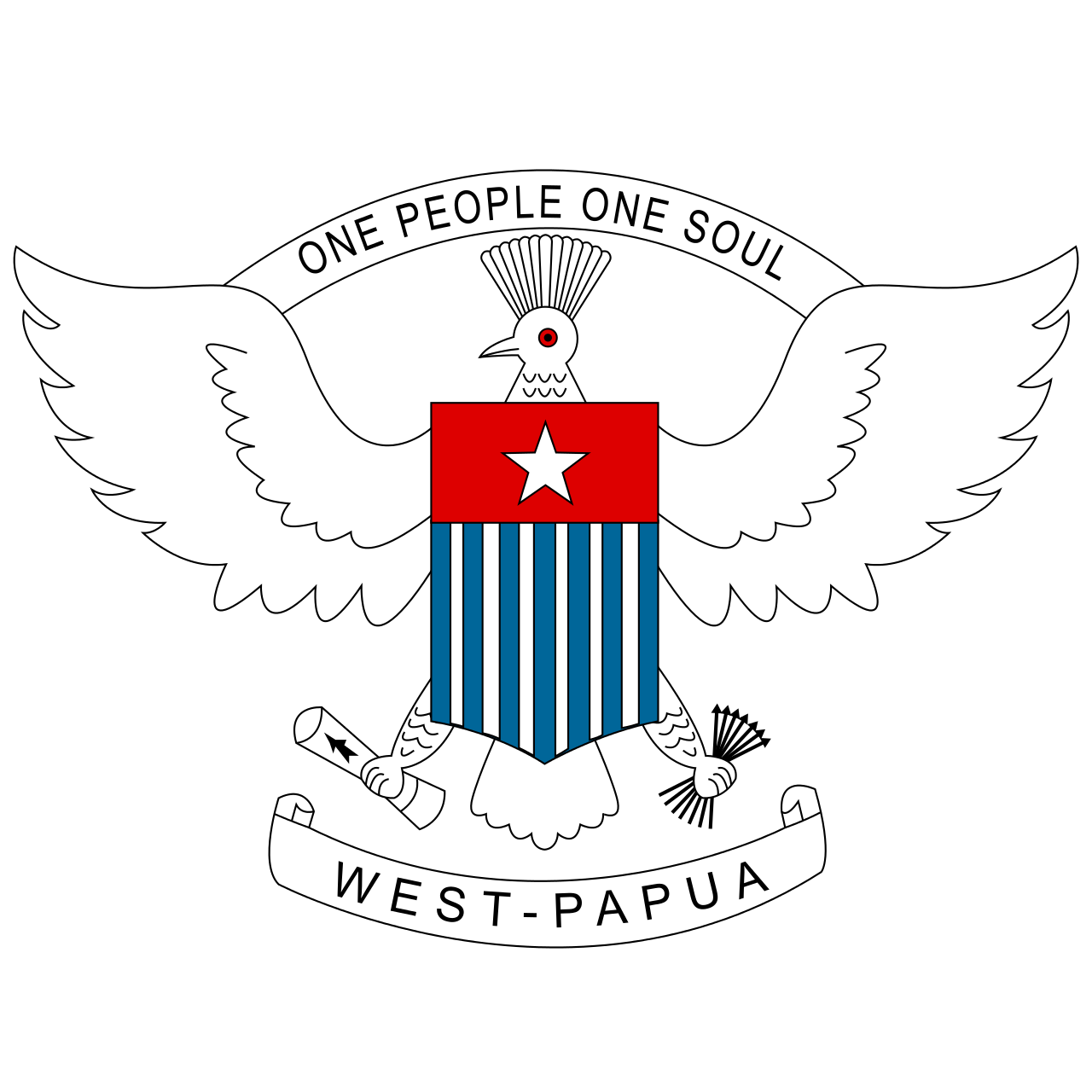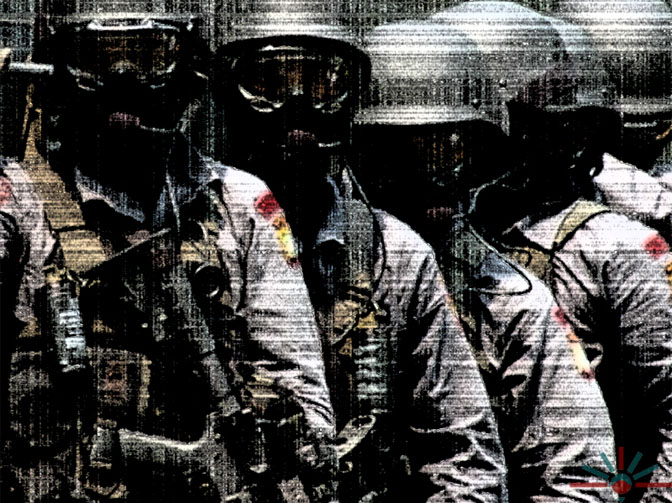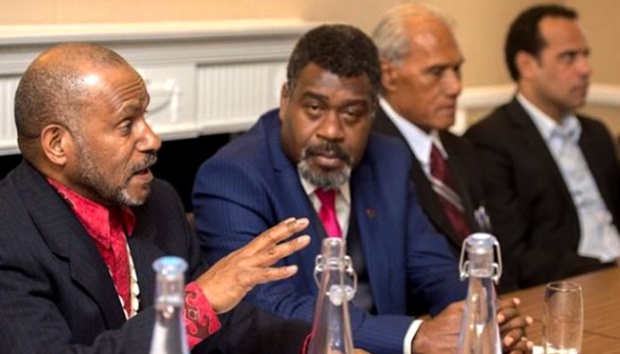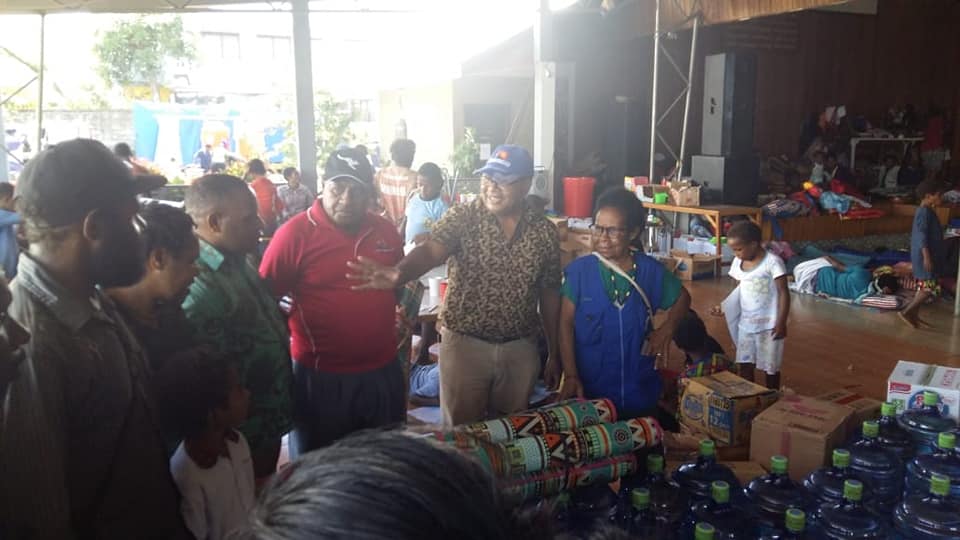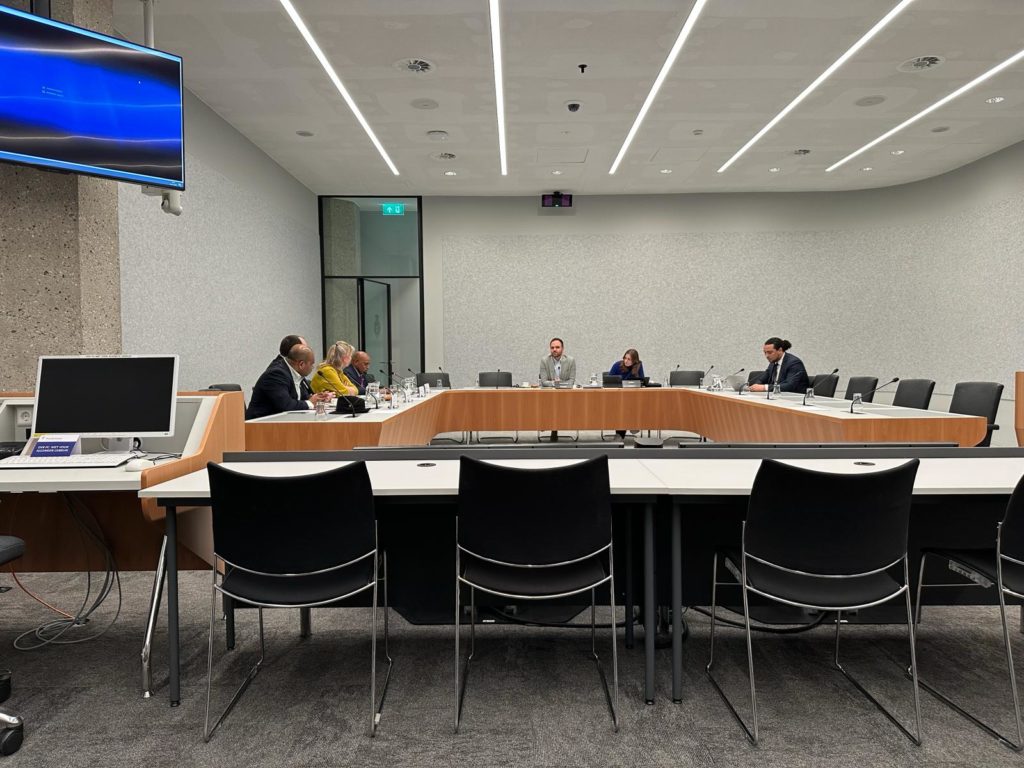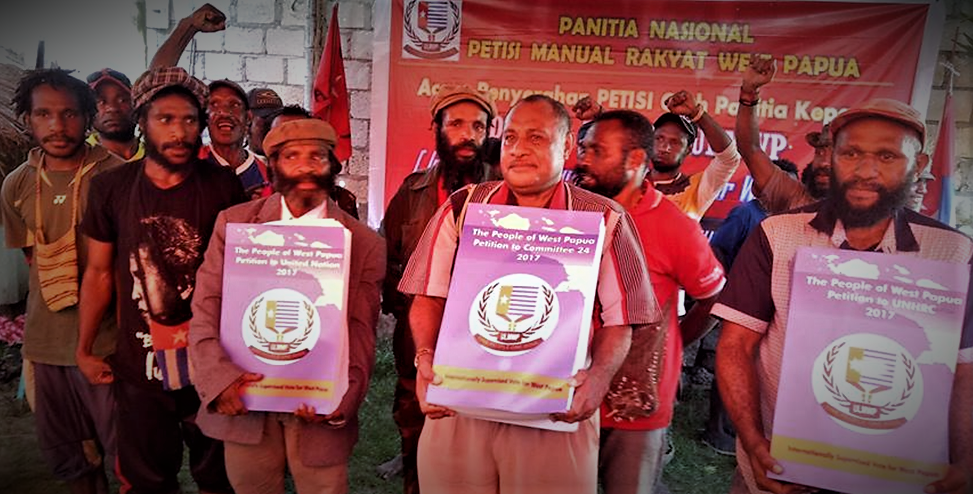Eighty-four Papuans were arrested for ‘treason’ on November 17, 2020, in Merauke, as Indonesia moves to crush dissent in illegally occupied West Papua. Civil unrest is growing over Jakarta’s proposed extension of the failed 2001 ‘Special Autonomy’ law, set to expire on January 1, 2021.
Those arrested included staff members and advisors of the Papuan People’s Assembly (MRP), a group set up by Jakarta under the ‘Special Autonomy’ provisions. The Office of the UN High Commissioner for Human Rights has issued a statement of concern over the arrests.
The MRP is legally authorised by Article 78 of the 2001 law to hold consultations across West Papua on the experience of 20 years of ‘Special Autonomy’. The Indonesia government is arresting its own law-makers in a desperate attempt to silence growing dissent against its plans.
The MRP held consultations with 600 members of civil society in June 2010 to measure the success of Special Autonomy, concluding that Special Autonomy had ‘totally failed’ and legitimised Indonesia’s colonialisation of West Papua. Funds promised for education – 30% of the Special Autonomy budget – had not been released after ten years; a Truth and Reconciliation Commission was never formed, despite being legally required as part of the law; and West Papua, home to abundant natural resources, still suffers the lowest human development index in Indonesia, with over one million Papuans living in poverty.
As Special Autonomy draws to a close and the Indonesian government seeks to renew it, the MRP is holding further consultations, as required by Indonesian law. As in 2010, opposition to renewal is strong, with a coordinated response from over 100 groups under the banner Petisi Rakyat Papua (Papuan People’s Petition).
Head of the Papuan Students Alliance, John Gobay, said that after 20 years of Special Autonomy, ‘racism toward Papuans, land grabbing, military operations, rights abuse, and social and economic inequality keep happening in Papua.’
The arrests clearly aim to silence calls for an independence referendum, support for which has gained global attention following racist attacks on Papuan students by Indonesian police and civilians in Surabaya on August 19, 2019, sparking the West Papua Uprising.
A spate of killings of Papuan religious leaders by the Indonesian military in recent months has highlighted constant human rights abuses committed against Indigenous Papuans, and on November 25, three teenage Papuan students were executed in cold blood by a military death squad Puncak.
Charges of alleged treason against MRP members were later changed to ‘violation of health protocols’ related to Covid-19. Authorities recently failed to respond to a gathering of tens of thousands in Jakarta welcoming the return of hard-line Islamist Defender’s Front leader, Muhammad Rizieq Shihab, from exile in Saudi Arabia.
Following these events, 36 Papuans were arrested in Manokwari and Sorong on November 27 for attending a demonstration where the Morning Star was raised.
The looming expiration of Special Autonomy brings fears of more desperate and lethal reprisals by Indonesian occupation forces against Papuans opposed to the failed law.
Read the full statement by the Office of the UN High Commissioner for Human Rights here.
